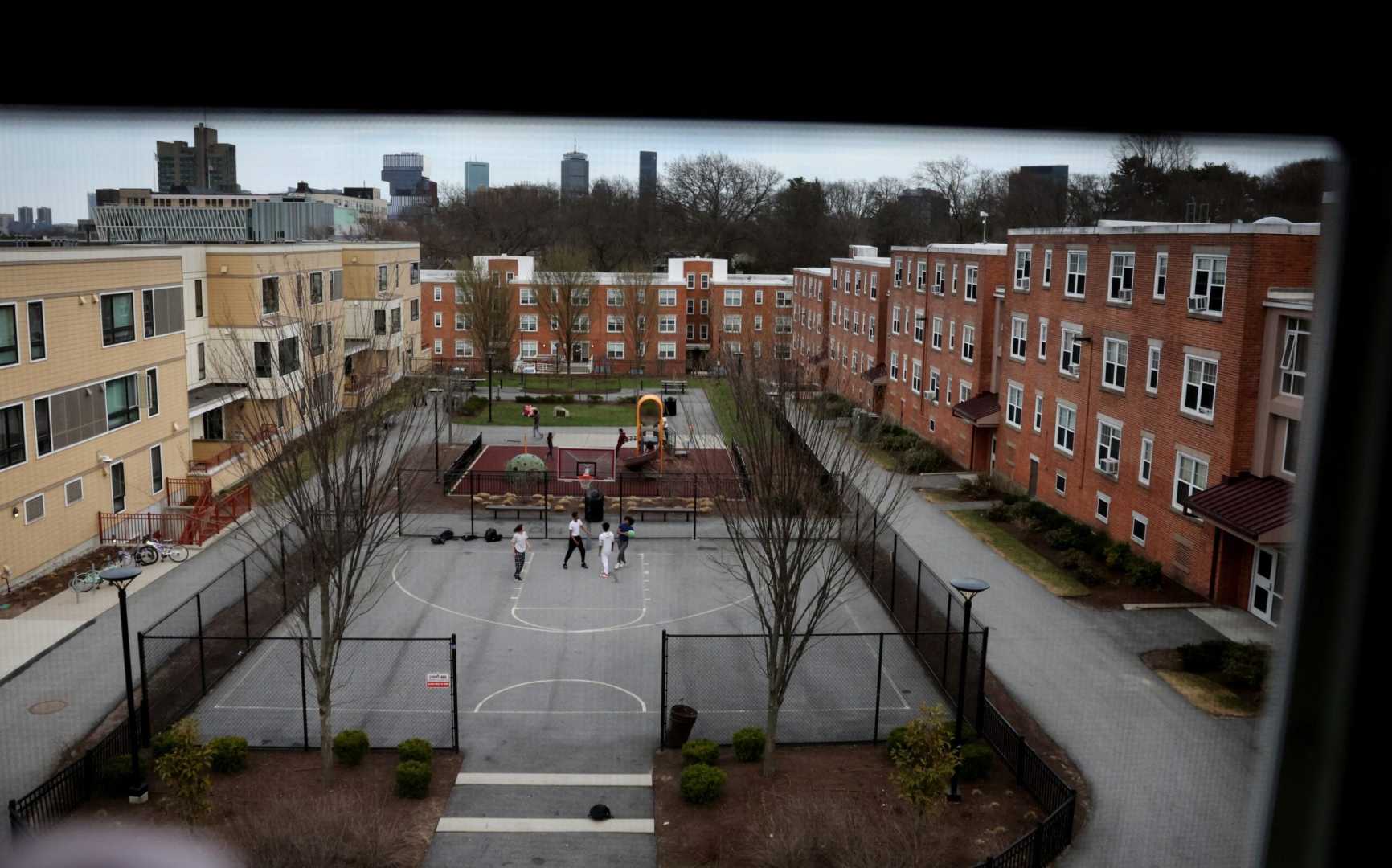News
Boston Housing Authority Urges Section 8 Landlords to Maintain Rent Stability

BOSTON, MA — The Boston Housing Authority (BHA) has requested that landlords who rent to Section 8 voucher holders avoid increasing rents this year. This plea comes amid federal funding challenges that threaten housing assistance programs available to approximately 18,000 of the city’s lowest-income households.
Last week, BHA sent formal letters urging landlords to keep their rents steady as part of cost-saving measures in anticipation of significant budget deficits. When landlords raise rents on Section 8 units, those expenses are borne by the BHA instead of tenants.
Although the BHA cannot legally prevent rent increases within federal guidelines, this appeal serves as both a request and a warning about potential future hardships. The BHA is projecting a budget shortfall this year due to dwindling federal support, and advocates are concerned about the implications of proposed changes to housing assistance programs by the Trump administration.
“We’re sending this letter because we are concerned about the short-term deficit we may be looking at in a few months,” said BHA administrator Kenzie Bok. “If we’re in a budget crisis at level funding, what in the world does it look like, and how many people suffer, under massive federal cuts?”
Section 8 plays a crucial role in providing rental vouchers to lower-income families, seniors, and individuals with disabilities. In Boston, the BHA manages these vouchers with a current waitlist that stretches for years.
The federal government allocates these vouchers to local housing authorities who then distribute them to qualified tenants, covering a portion of rent through federal funding. However, rising market rents compound the financial challenges as BHA adjusts its budget based on static federal levels. This trend has led housing authorities nationwide to face fiscal difficulties.
Ed Kelly, a Boston landlord, indicated that he plans to refrain from raising rents this year since income from his market-rate apartments compensates for the Section 8 units. However, he acknowledged that many landlords are not as financially secure.
<p“Doing the program is a lot of work with all of the extra inspections the government requires,” Kelly said, explaining the financial strain of maintaining Section 8 properties.
As the BHA explores cost-cutting options, concerns rise about proposed cuts of up to 43 percent to housing assistance spending as indicated in the Trump administration’s budget plan. Such cuts could result in the cancellation of vouchers for approximately 7,900 families, leading to potential homelessness for thousands.
<p“Millions of people would be displaced,” warns Michael Kane, a local housing advocate. “It would be utter chaos.”
The BHA currently utilizes around 4,000 project-based vouchers that support around $600 million in debt tied to real estate projects throughout the city. Cuts to the program could jeopardize ongoing and future affordable housing developments.
In conclusion, the potential impact of federal funding cuts and rent increases weighs heavily on the Boston Housing Authority and those it serves. Stakeholders express deep concern for the future of low-income families depending on these essential housing resources.












